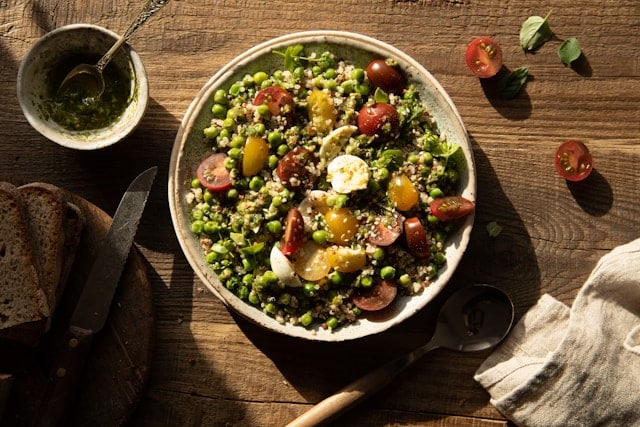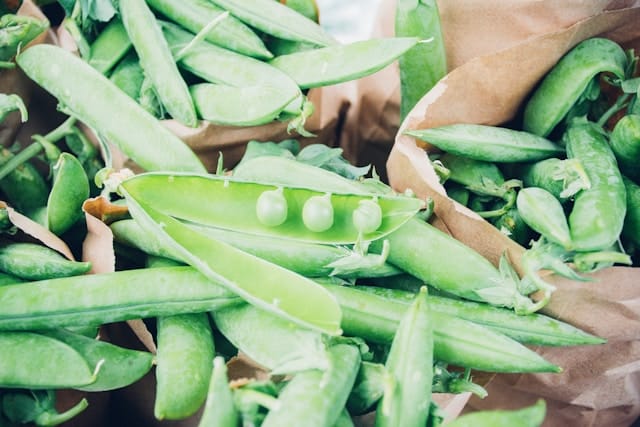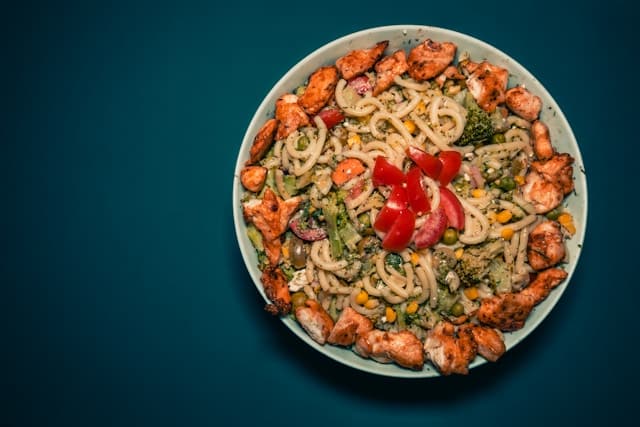Constipation, marked by difficulty passing stool, can often be managed through dietary changes. A key factor in maintaining digestive health is getting enough fiber. According to dietitian Nichole Dandrea-Russert, only about 5% of Americans consume sufficient fiber, which is crucial for regular bowel movements. Fiber adds bulk to stool and improves gut health, making it easier to eliminate waste.

For a natural solution to constipation, green peas are an excellent choice. These small legumes are rich in fiber and other nutrients, making them highly effective. Just one cup of cooked green peas contains 9 grams of fiber, covering 32% of your daily recommended intake. Peas contain both insoluble and soluble fiber. Insoluble fiber helps bulk up stool, speeds up digestion, and facilitates easier bowel movements.

In addition to fiber, hydration plays a significant role in preventing constipation. Green peas, which are almost 80% water, provide hydration along with fiber. This high water content works with the fiber to soften stools and make them easier to pass. Dietitian Emily Maus stresses that staying hydrated is vital for keeping your digestive system functioning smoothly.

Green peas are also a great source of magnesium, a mineral that helps alleviate constipation. Magnesium draws water into the intestines, softening stool and increasing bowel movement frequency. A cup of green peas supplies 15% of your daily magnesium needs, providing another reason why this vegetable is ideal for constipation relief.

While green peas are the top recommendation for relieving constipation, they’re not the only vegetable that helps. Other great options include broccoli, artichokes, and Brussels sprouts. Broccoli, for example, offers almost 5 grams of fiber per cooked cup and is also rich in magnesium. These fiber-rich vegetables support gut health and help maintain regular bowel movements.
